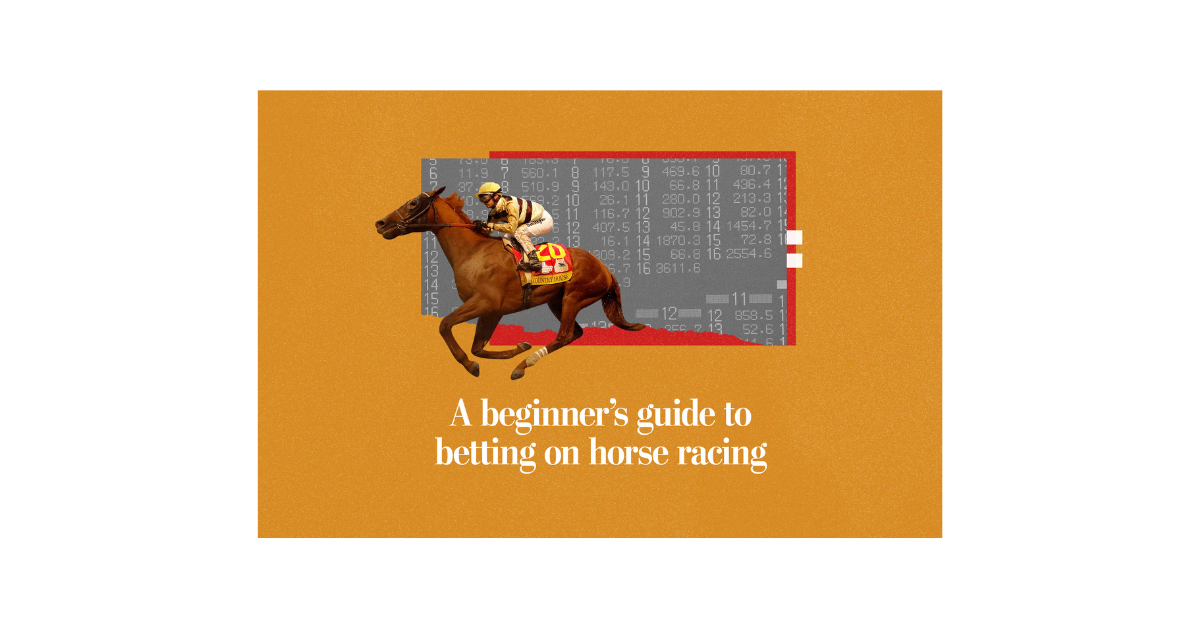Understanding Odds in Horse Racing
Odds in horse racing are a way to represent the probability of a certain outcome. They are typically displayed as a ratio or a fraction. For example, if the odds are 2/1, it means that the horse has a 33.33% chance of winning the race. Lower odds indicate a higher probability of winning, while higher odds suggest a lower chance of winning.
Understanding odds is crucial for making informed betting decisions in horse racing. Bettors use odds to calculate potential payouts and determine which horses are considered favorites or underdogs in a race. It’s important to remember that odds can fluctuate based on factors such as betting volume and track conditions, so staying up-to-date with the latest information is key when placing bets on horse races.
Types of Bets in Horse Racing
When it comes to horse racing, there are various types of bets that punters can place to add excitement to the races. One popular bet is the Win bet, where you pick a horse that you believe will finish first. If your chosen horse wins the race, you collect your winnings based on the odds set by the track.
Another common bet is the Place bet, where you pick a horse that you think will finish either first or second in the race. If your chosen horse finishes in the top two positions, you win the bet. Place bets usually offer lower payouts compared to Win bets but can increase your chances of winning.
Calculating Payouts for Different Bets
To calculate the potential payout for a specific bet in horse racing, you can use a simple formula that takes into account the odds and the amount wagered. For example, if you place a $10 bet on a horse with odds of 5-1, the formula would be (10 x 5) + 10, which equals a potential payout of $60. Understanding how odds work and being able to quickly calculate potential payouts is essential for making informed betting decisions in horse racing.
Different types of bets in horse racing offer varying payout potentials depending on the odds and the type of bet placed. For instance, exotic bets like exactas or trifectas involve selecting multiple horses in specific placements, which can result in higher payouts but also require a higher level of skill and luck. In contrast, simple bets like win, place, or show have lower payouts but are often considered safer options for beginners or casual bettors. By understanding the nuances of calculating payouts for different bets, you can make strategic choices that align with your risk tolerance and betting strategy.
Factors to Consider Before Placing Bets
Before placing bets on horse racing, it is crucial to assess the condition of the track. The track condition plays a significant role in determining the performance of horses, with different horses having preferences for specific track conditions. It is essential to research the track’s current condition and how it might impact the race outcomes.
Another important factor to consider is the form and recent performances of the horses. Analyzing a horse’s recent races can provide valuable insights into its current form and potential for success. Look for patterns in past performances, such as consistent top finishes or noticeable declines, to help make informed betting decisions.
Using Past Performance Data for Betting
Analyzing past performance data is a critical aspect of making informed betting decisions in horse racing. By examining a horse’s previous races, one can gain valuable insights into its strengths, weaknesses, and overall potential for success. Factors such as speed figures, finishing positions, track conditions, and jockey performance can all provide valuable information for bettors looking to predict the outcome of a race.
Additionally, studying a horse’s past performance data can help bettors identify patterns or trends that may influence its performance in future races. For example, consistent top finishes or improvements in speed figures over time can indicate an upward trajectory in a horse’s performance. Conversely, a history of poor performances or declining speed figures may suggest that a horse is unlikely to perform well in an upcoming race. By carefully analyzing past performance data, bettors can make more informed decisions when placing their bets, increasing their chances of success in the highly competitive world of horse racing.















